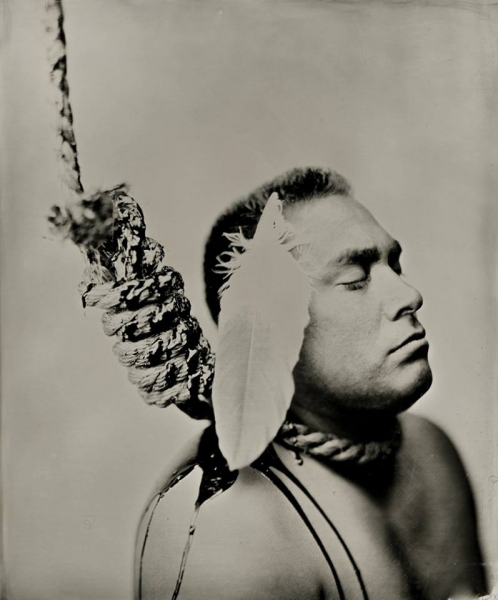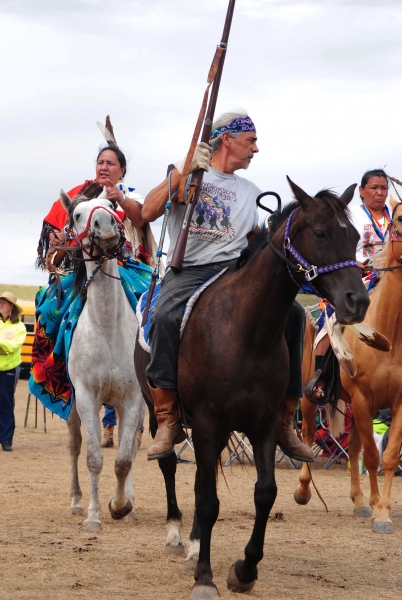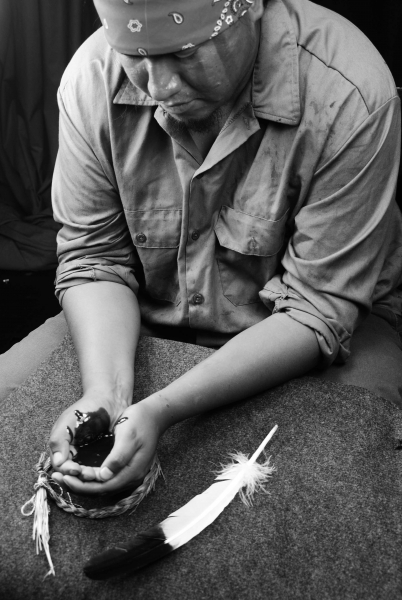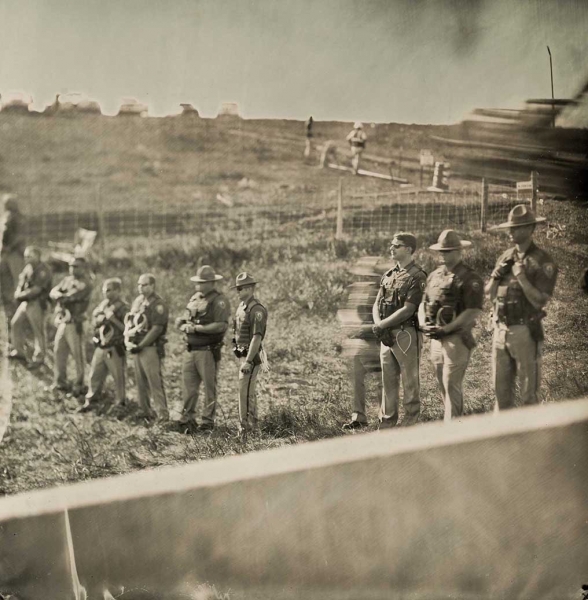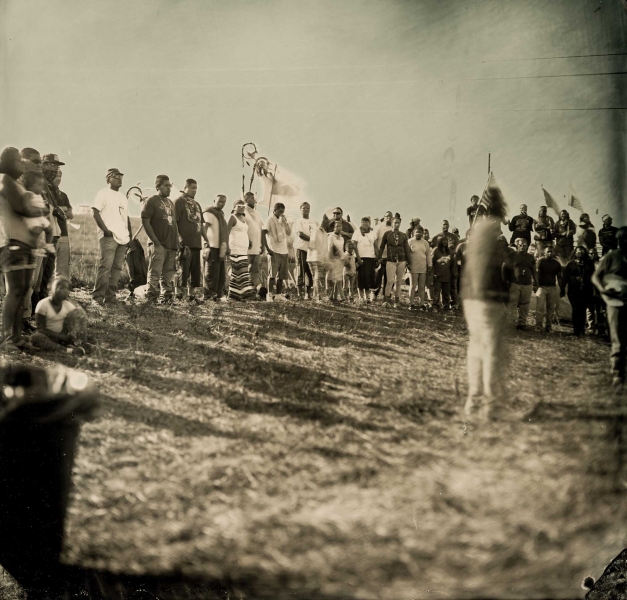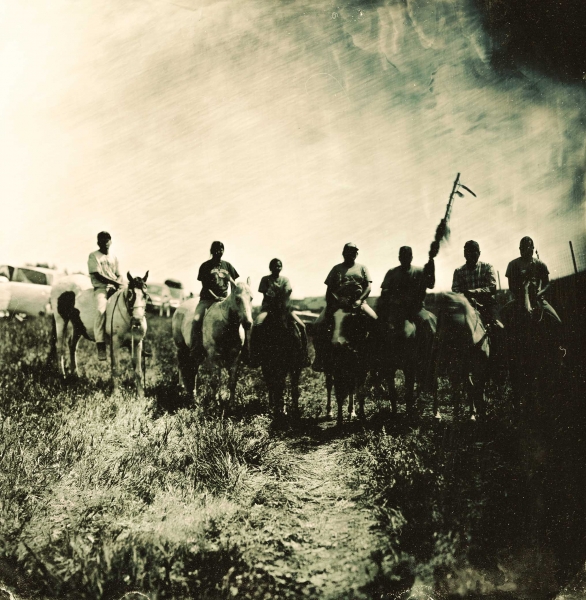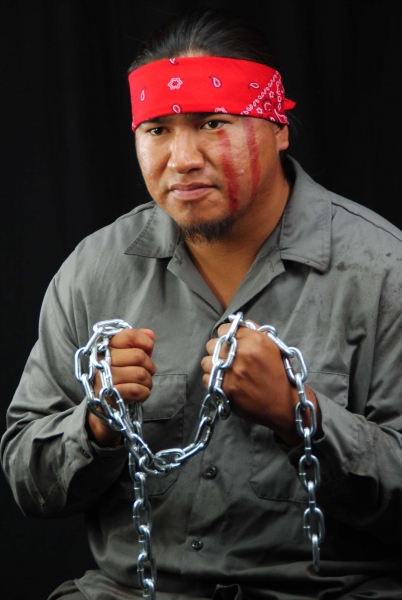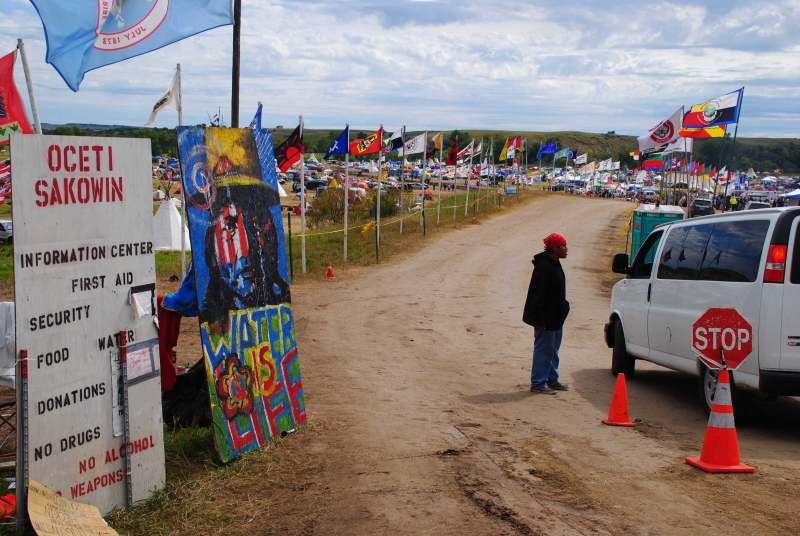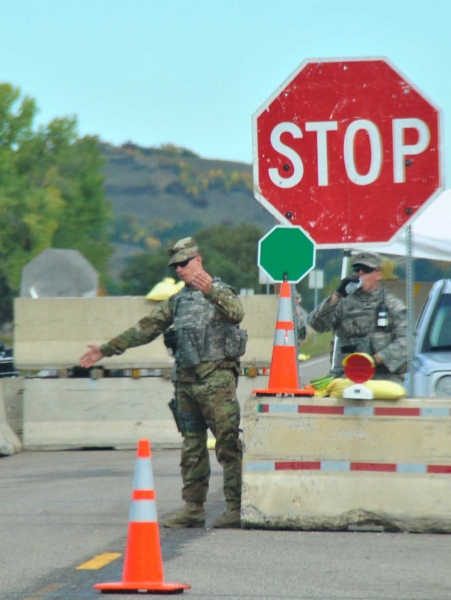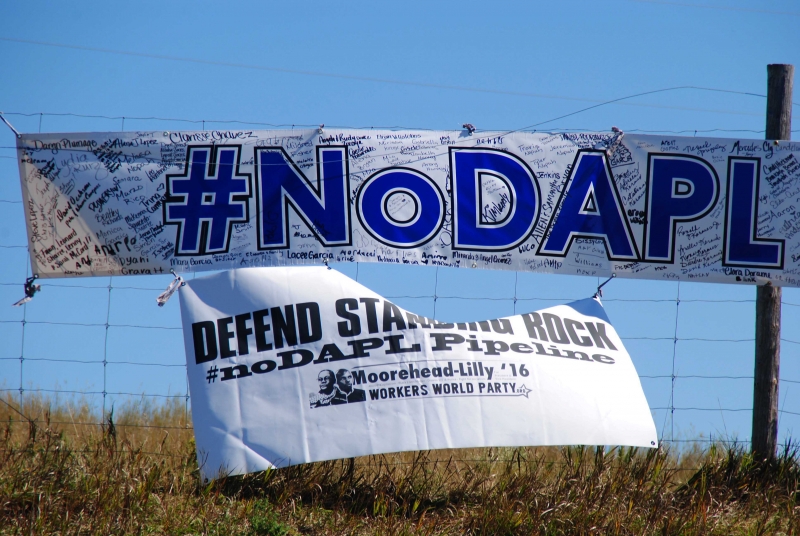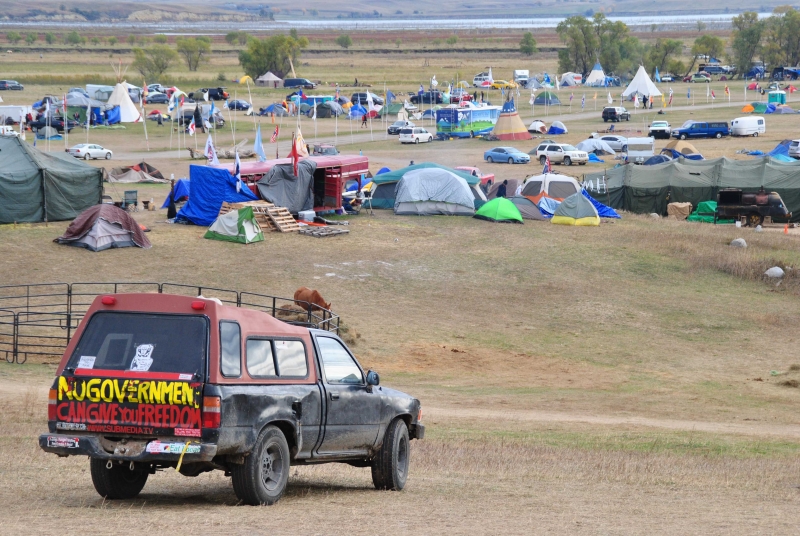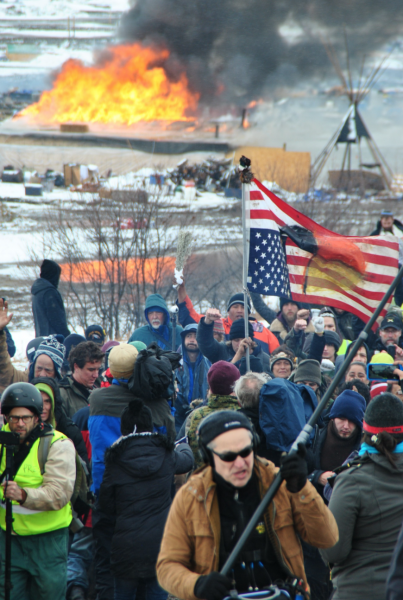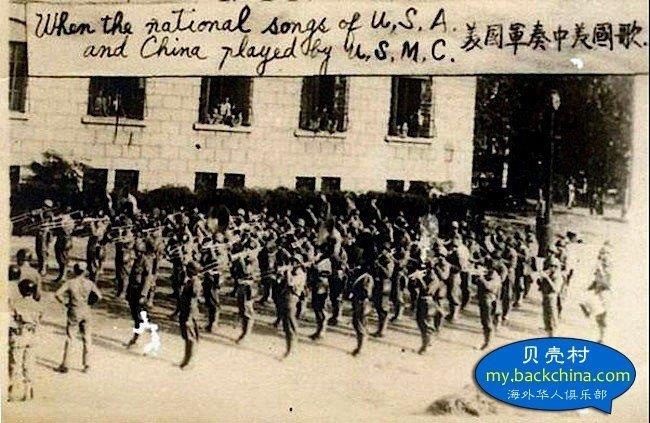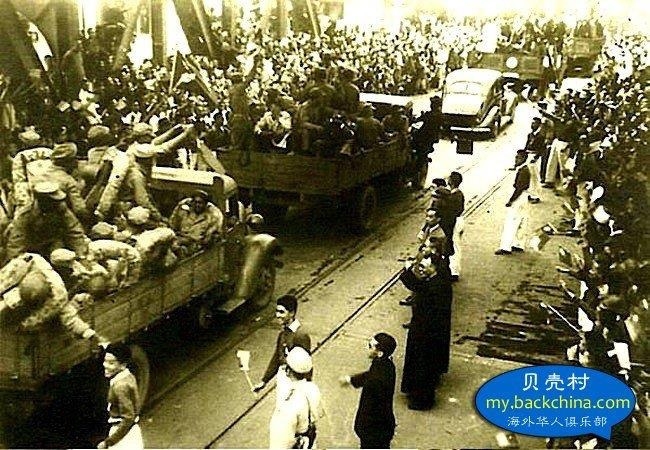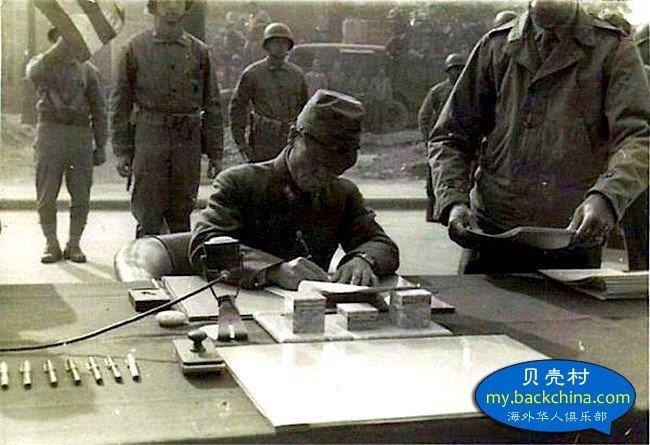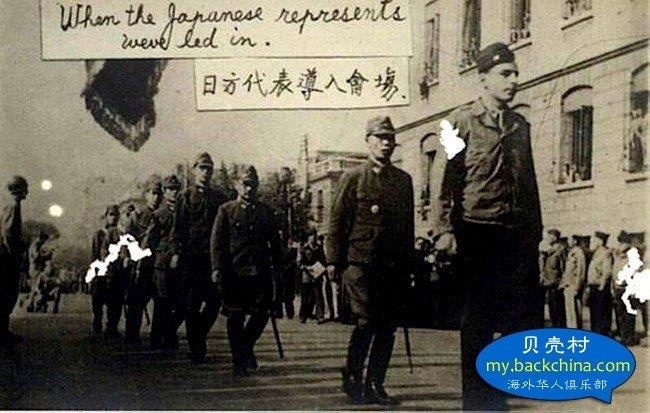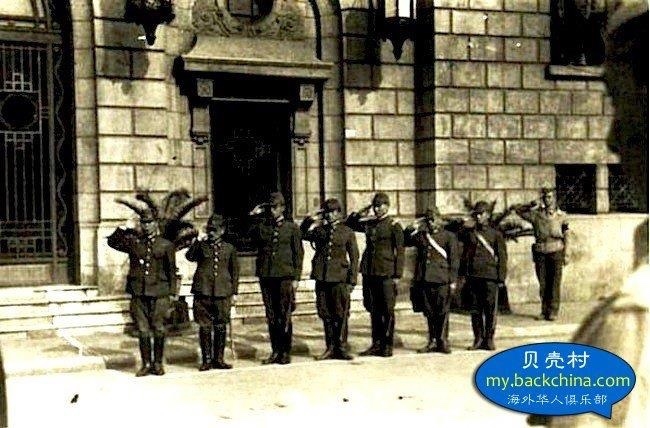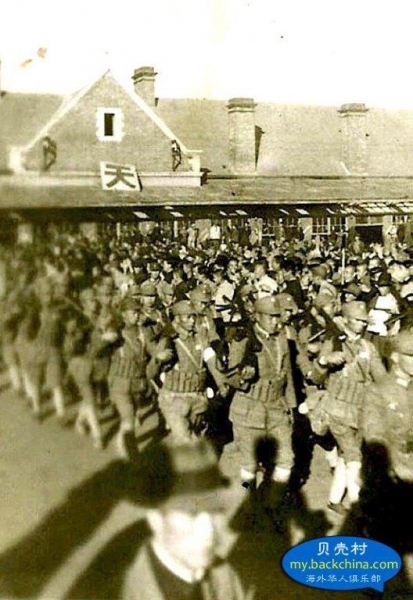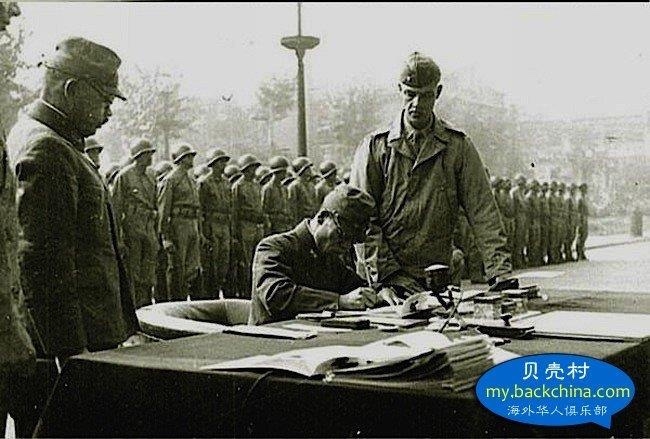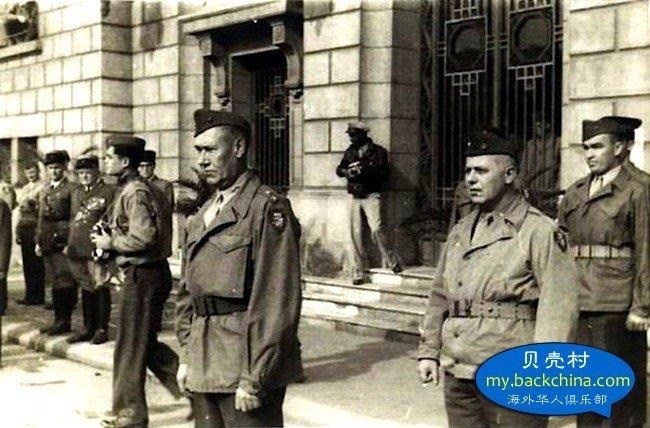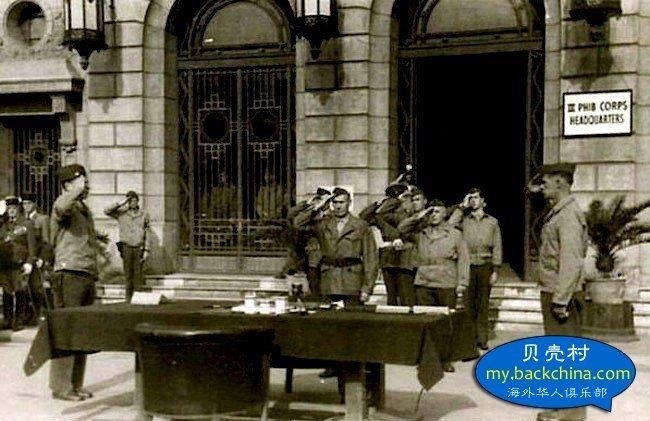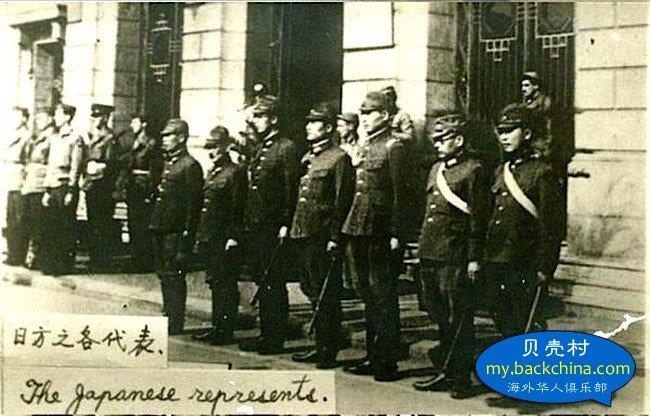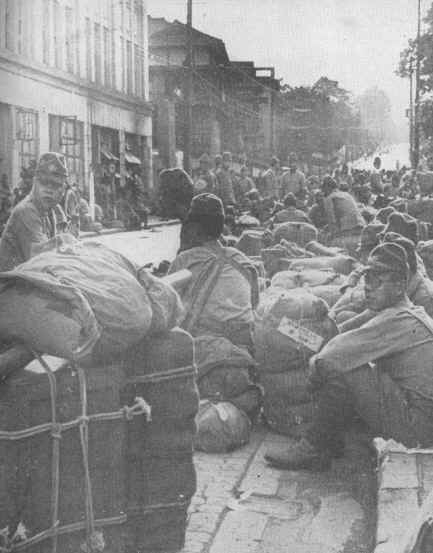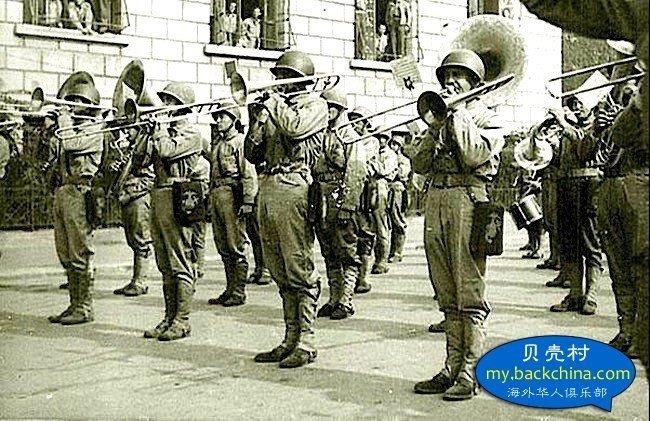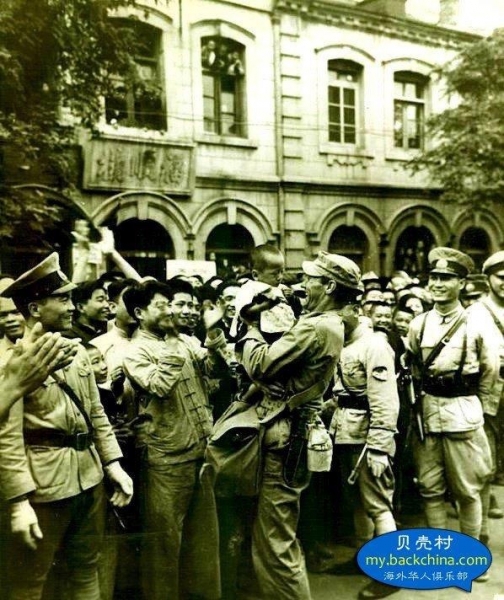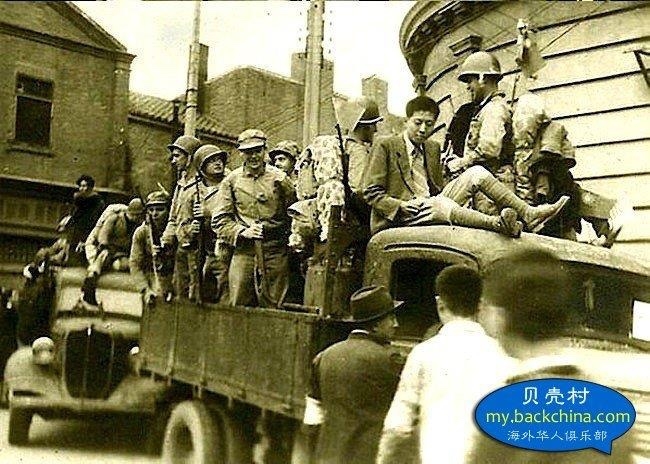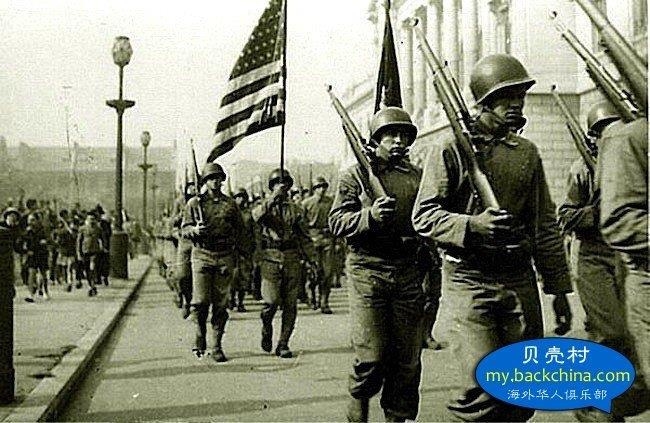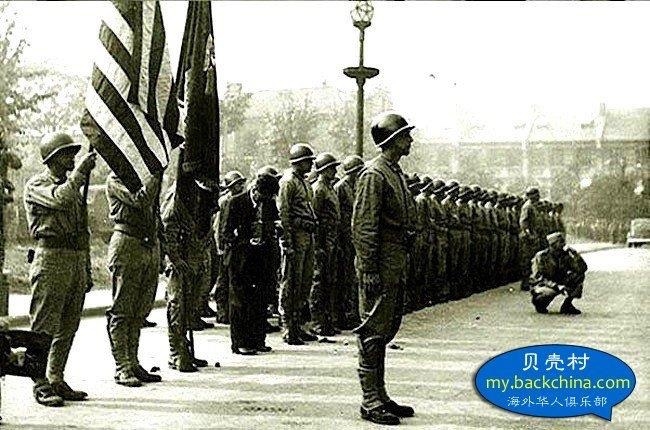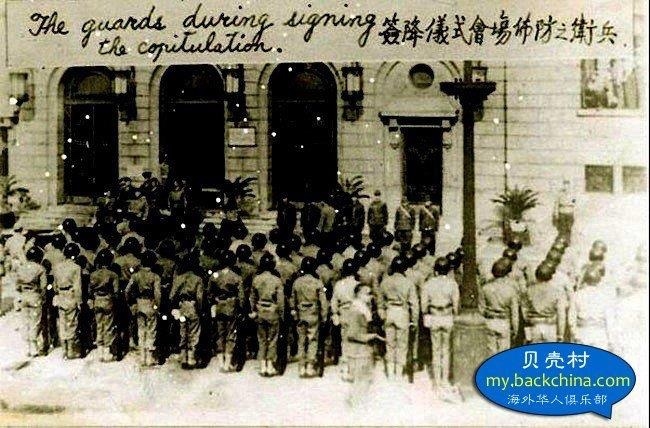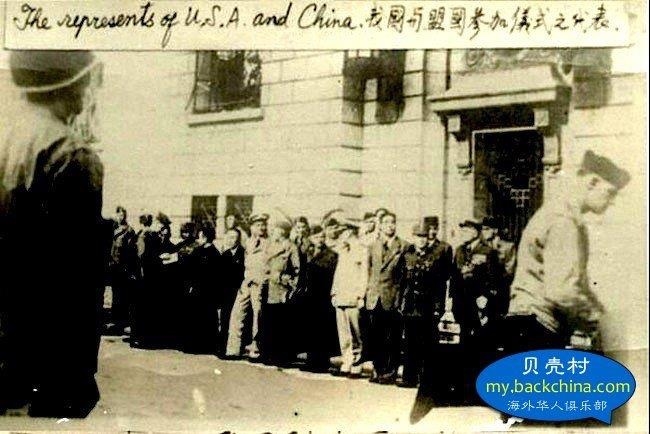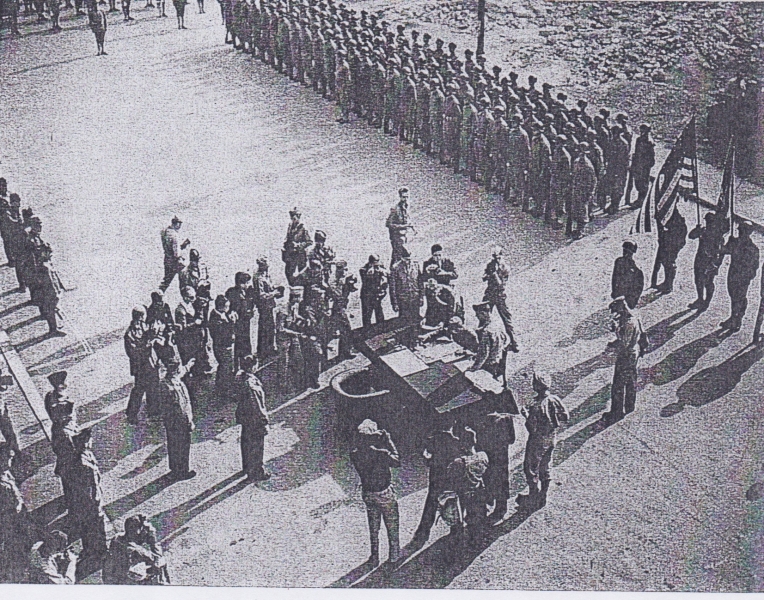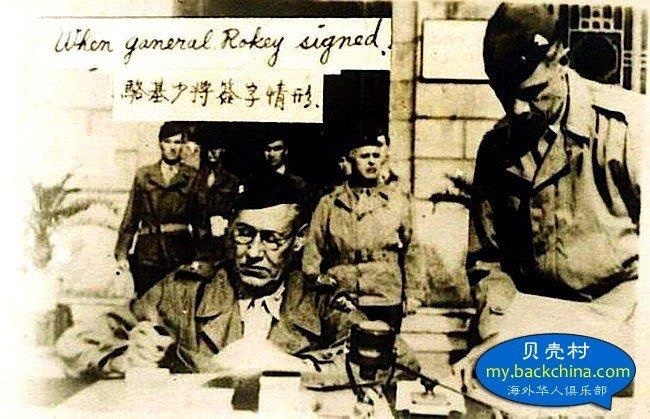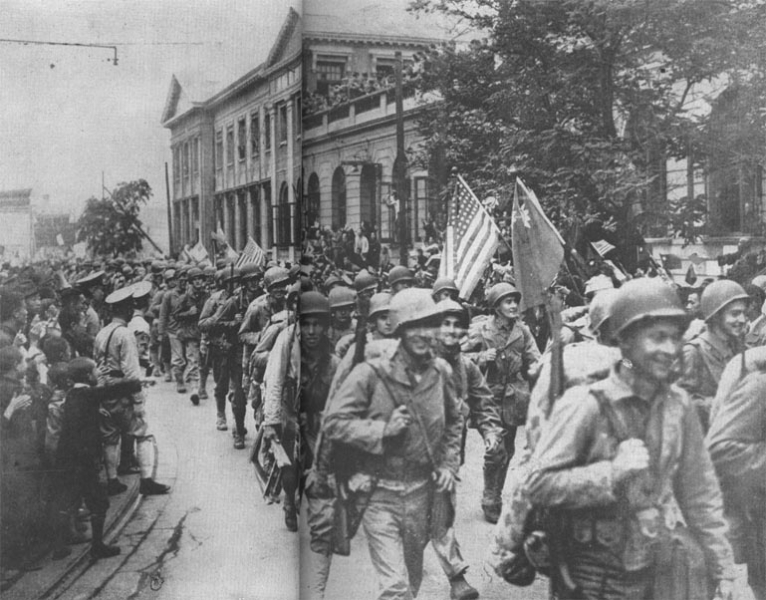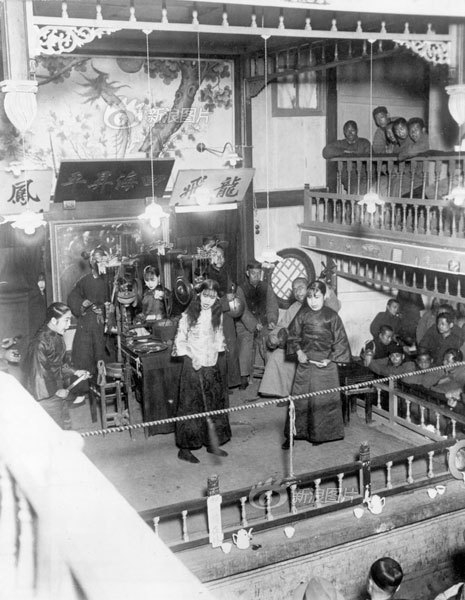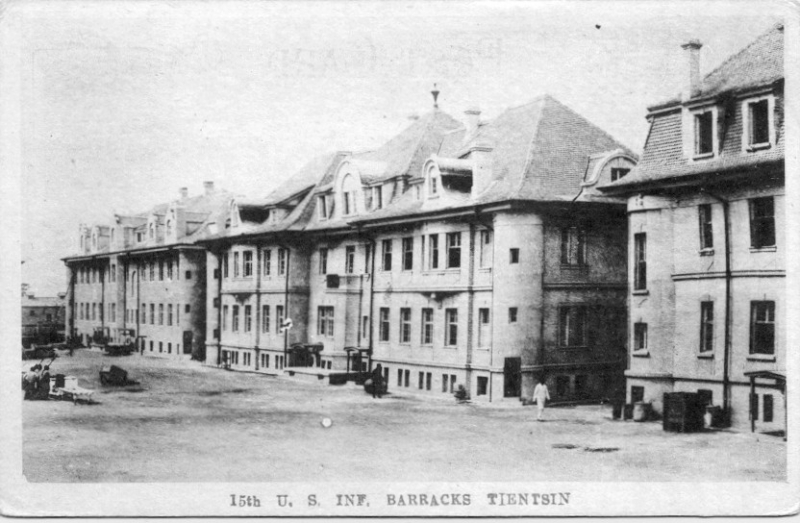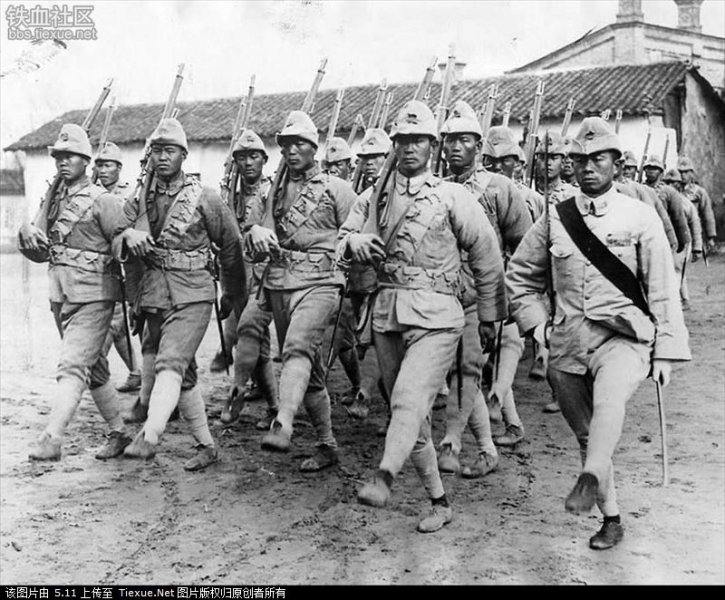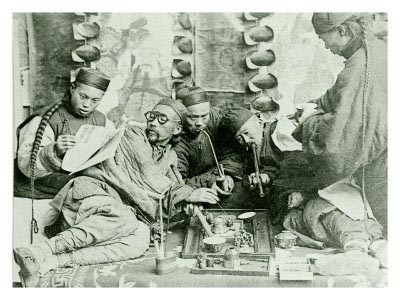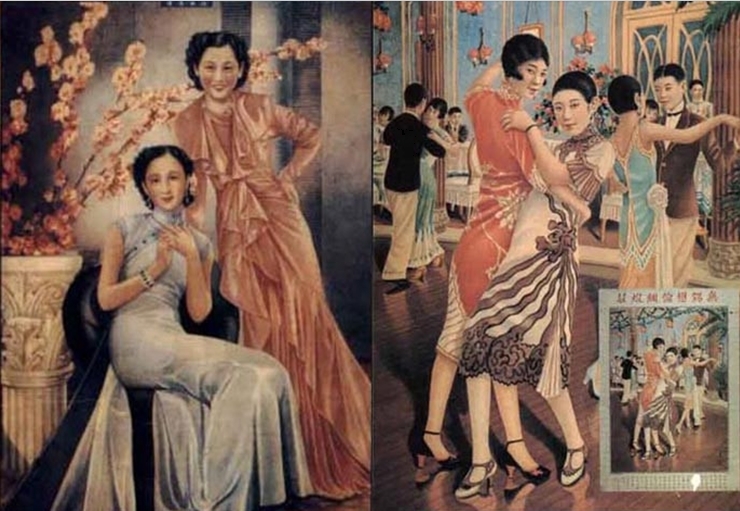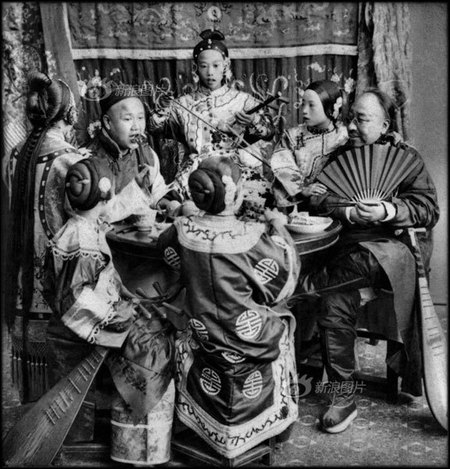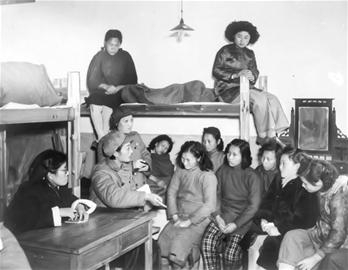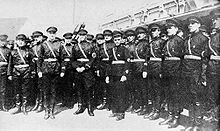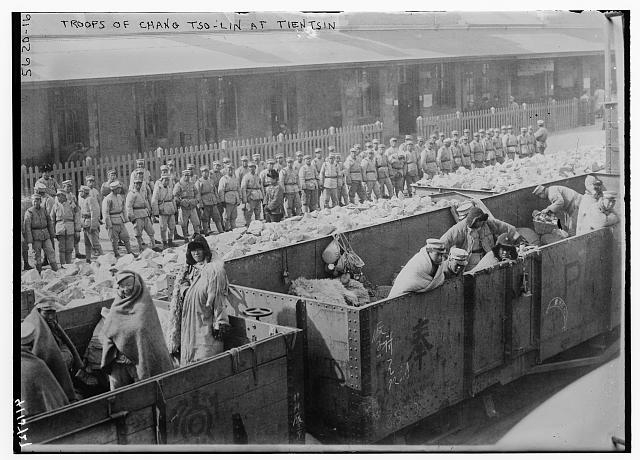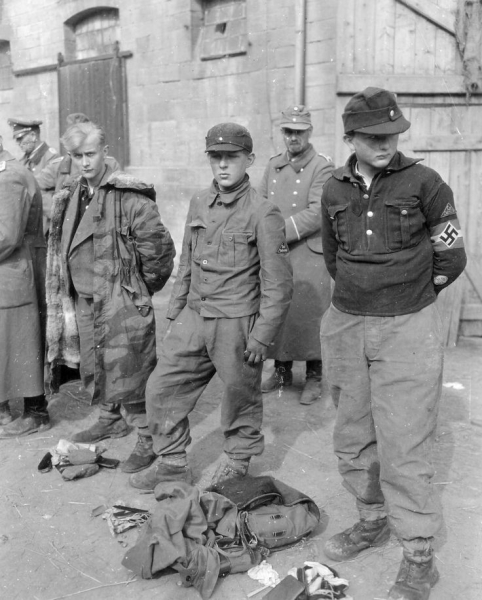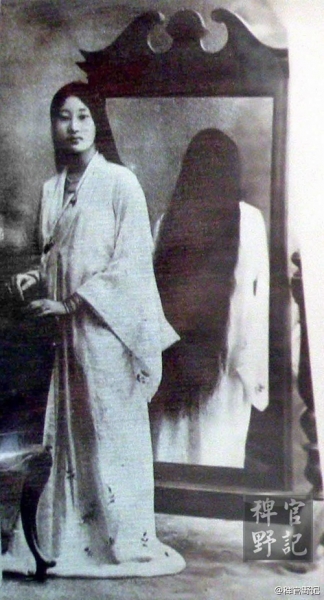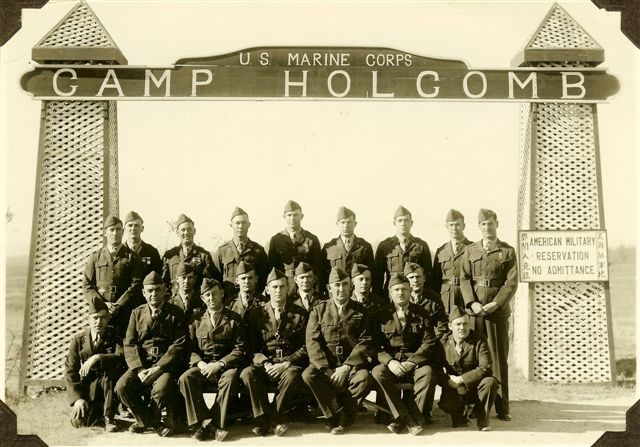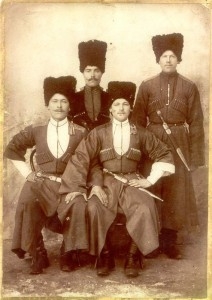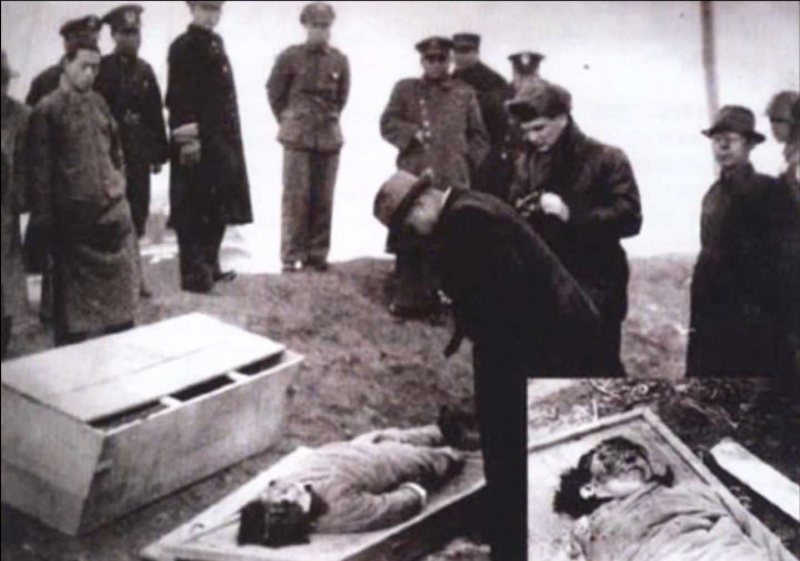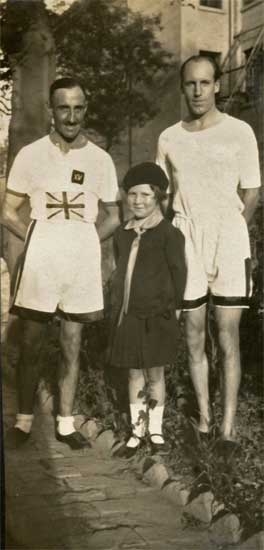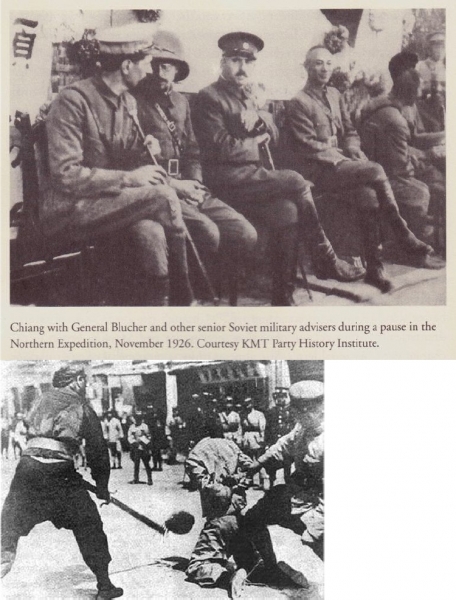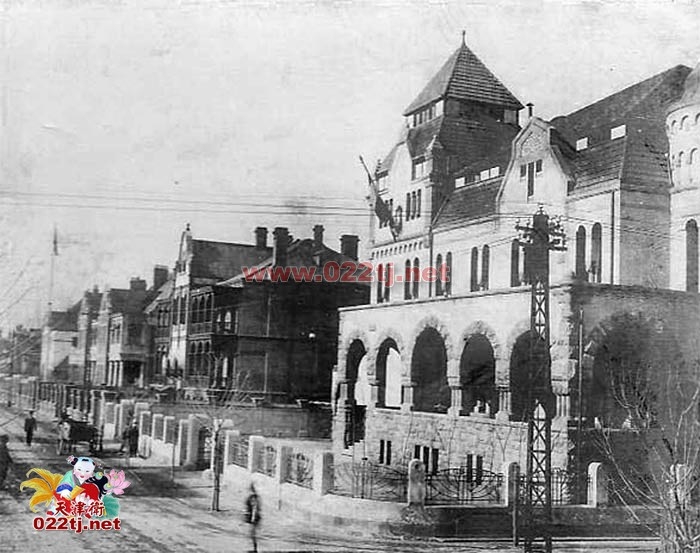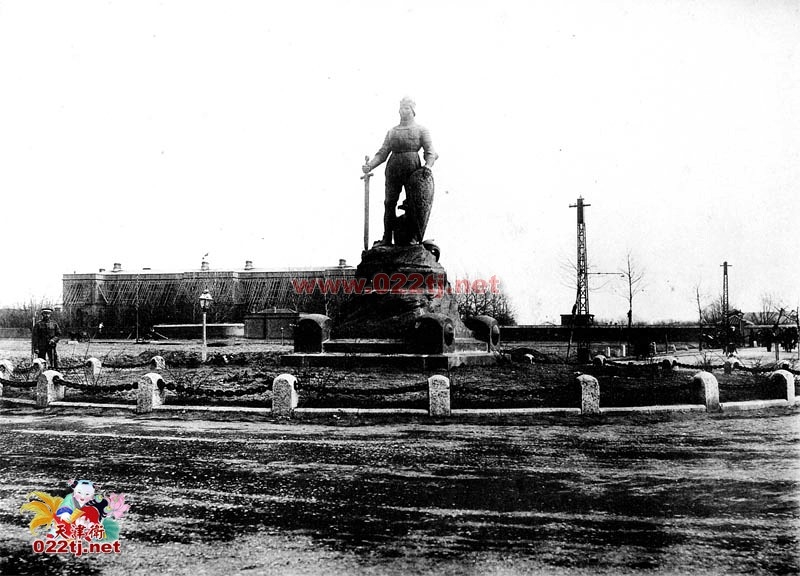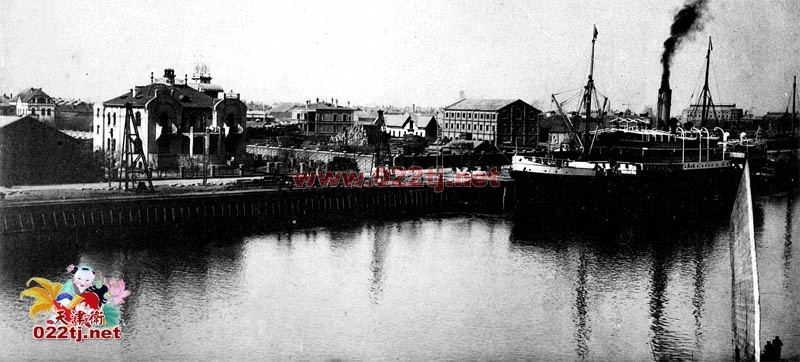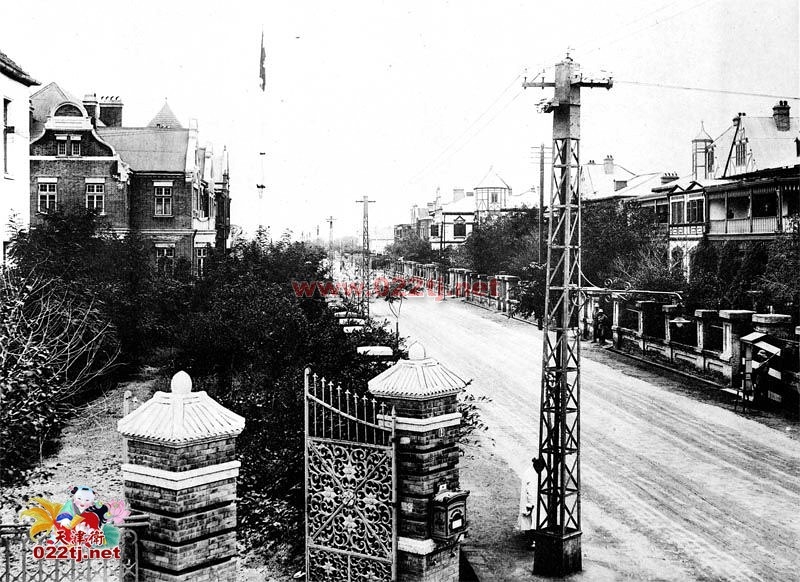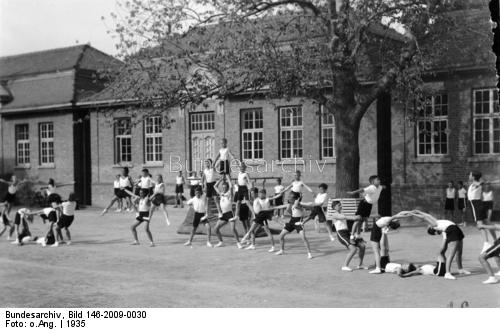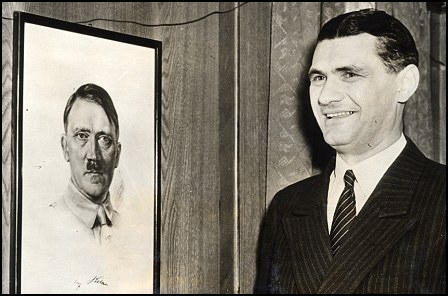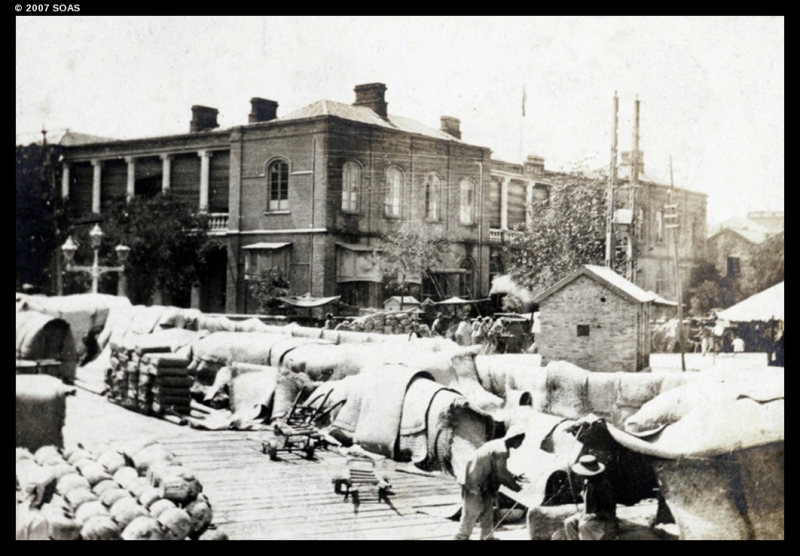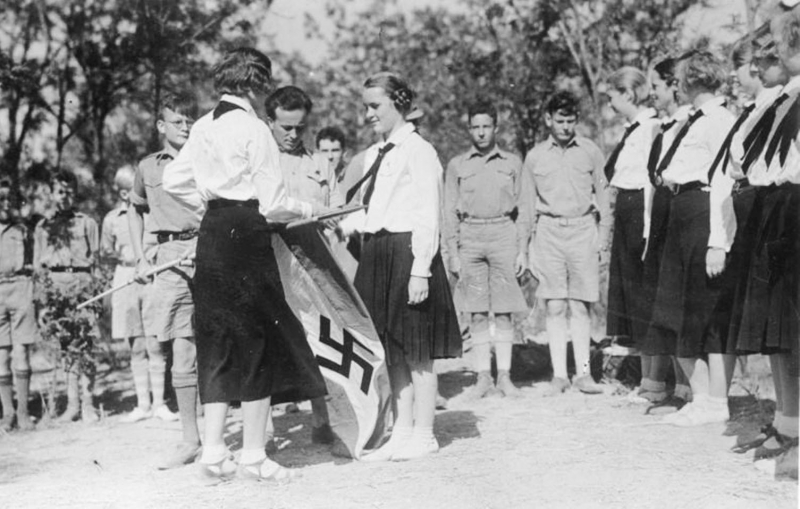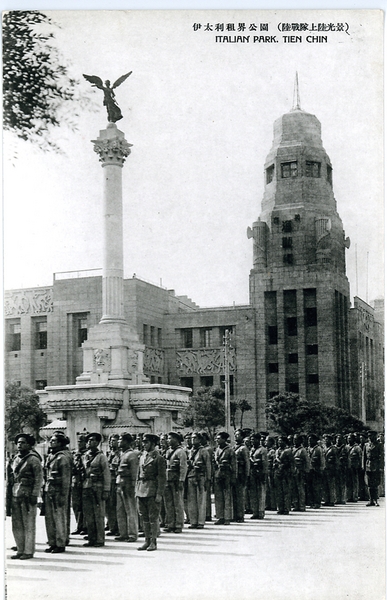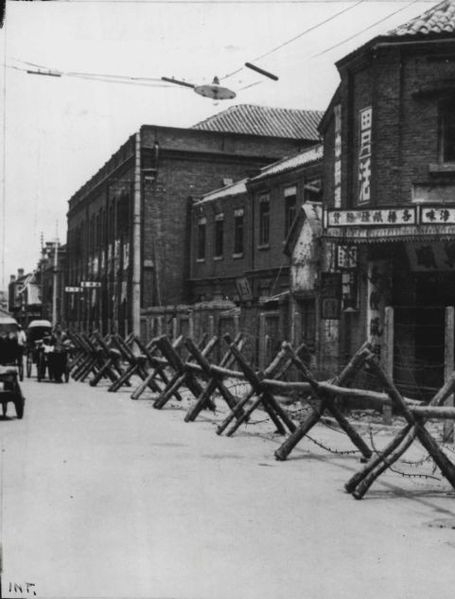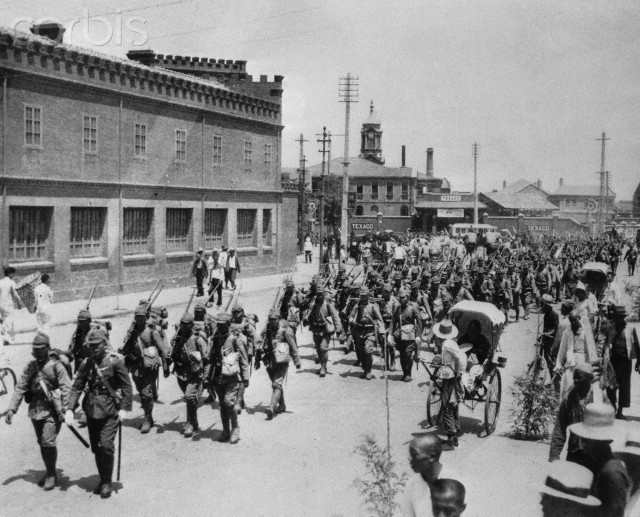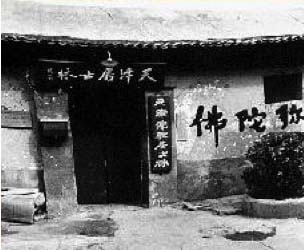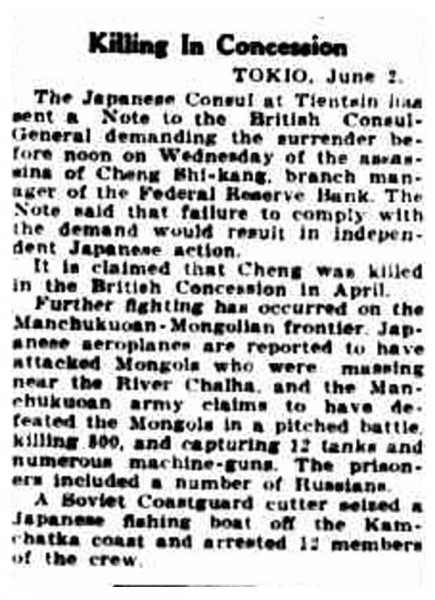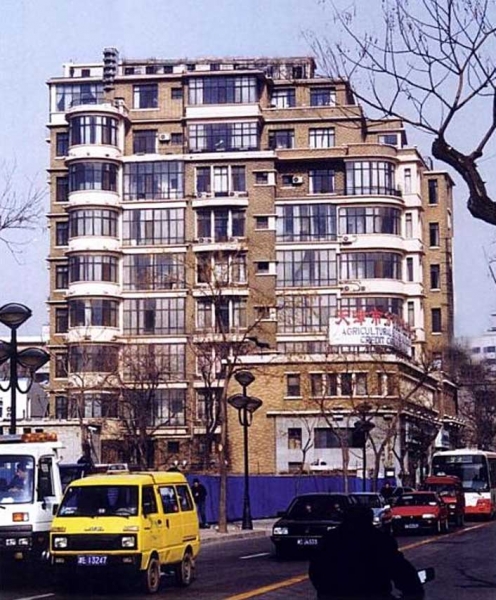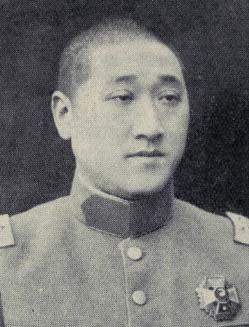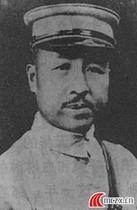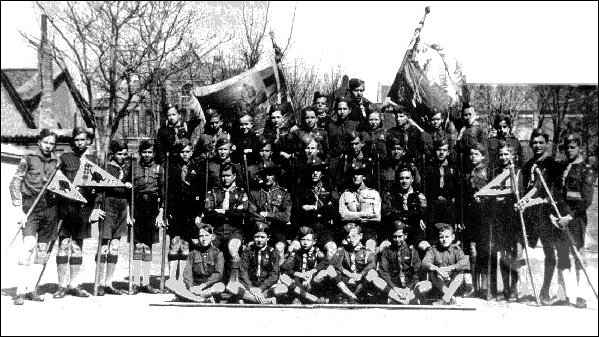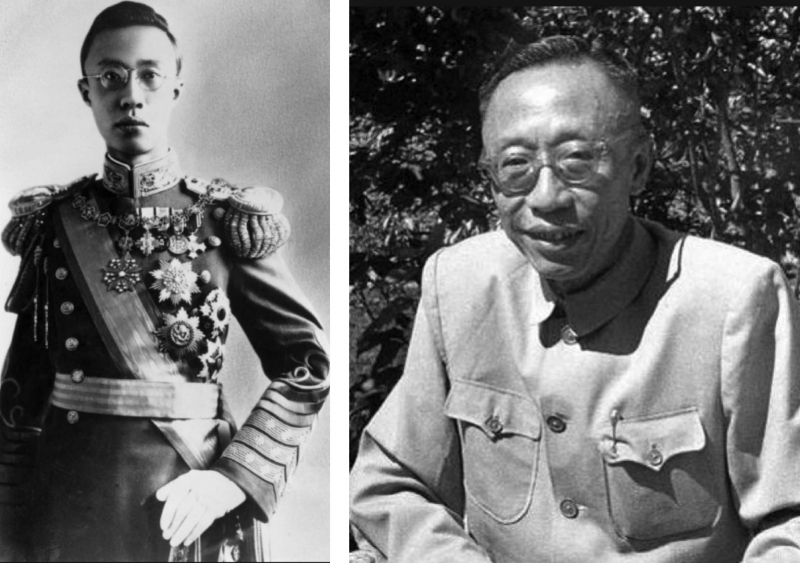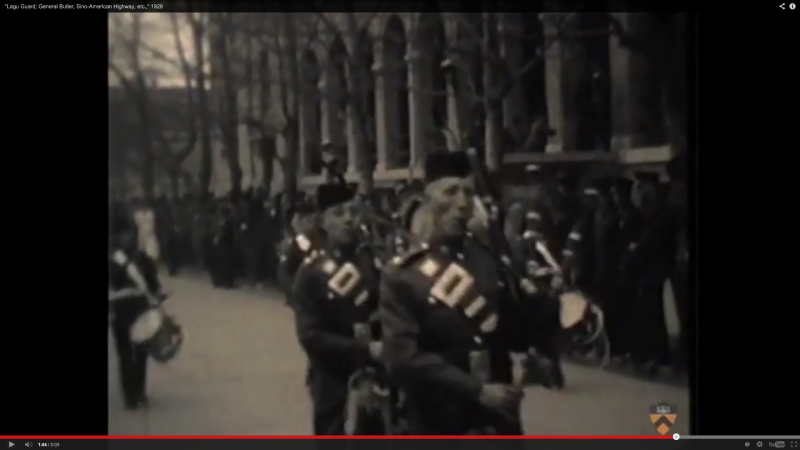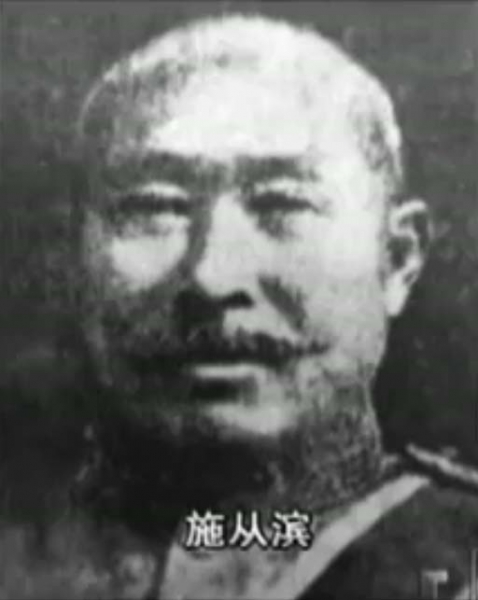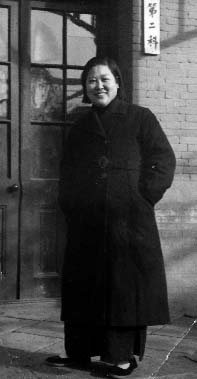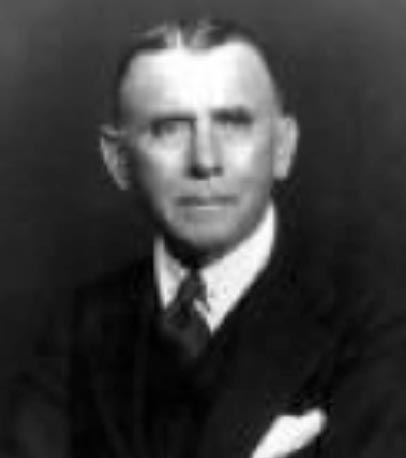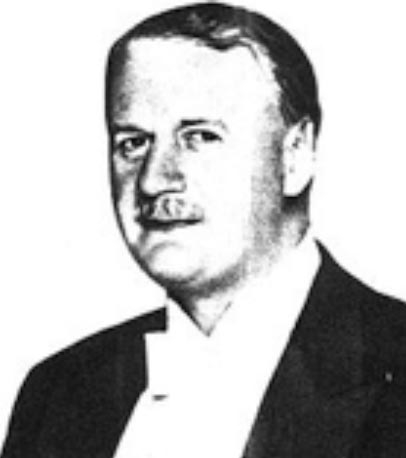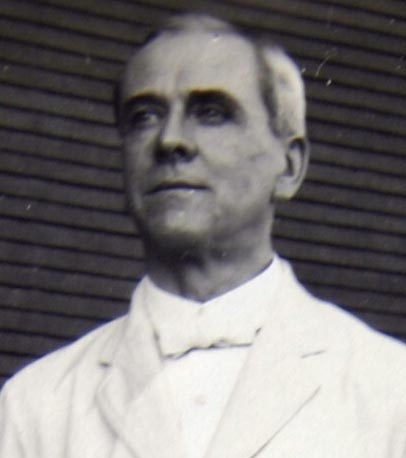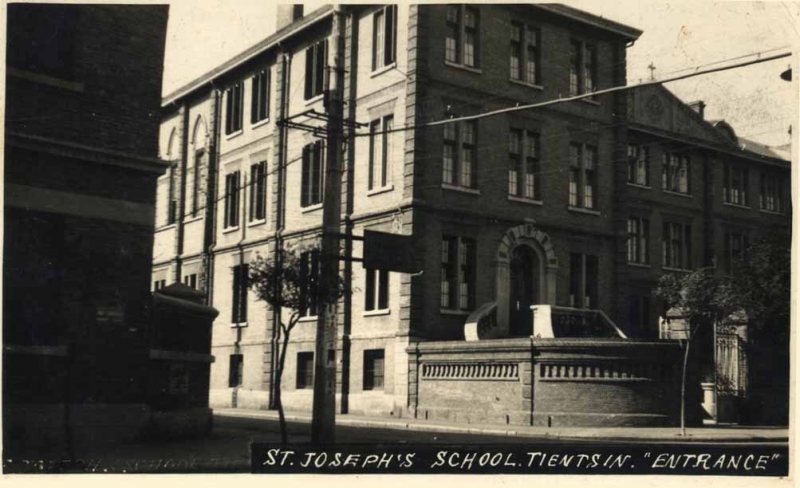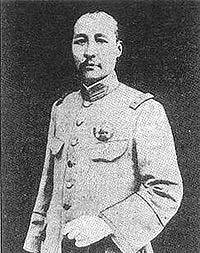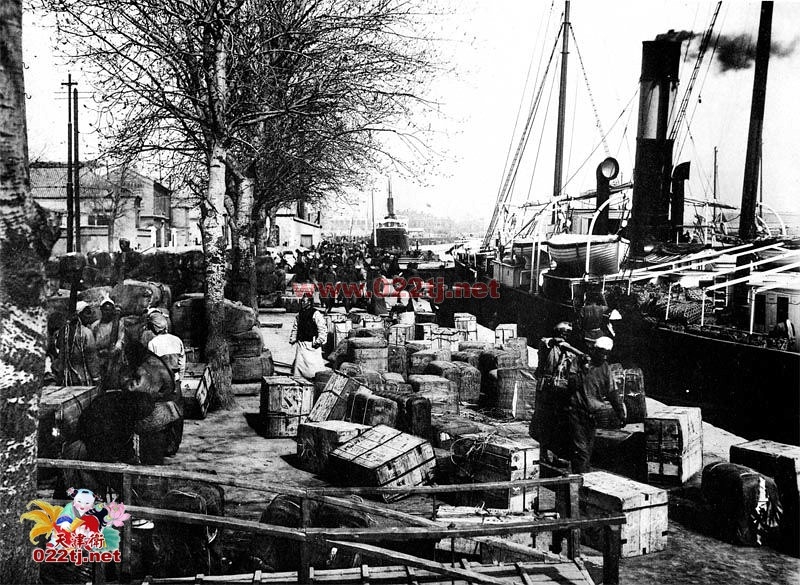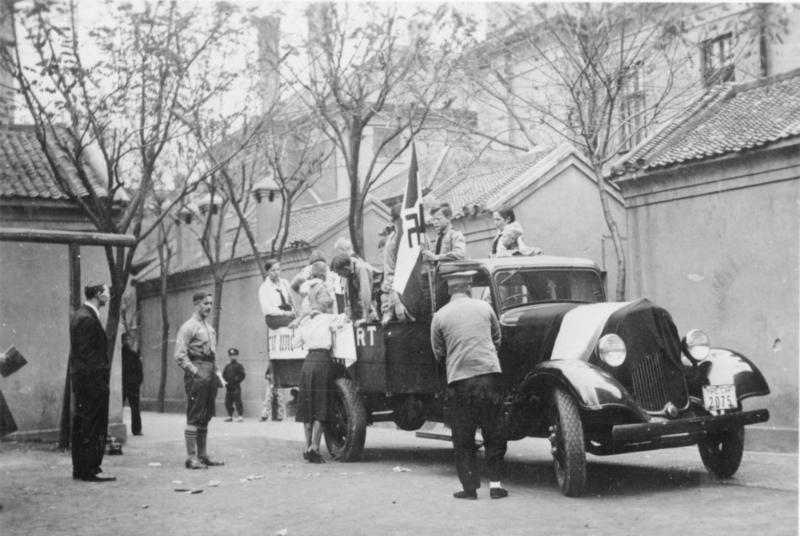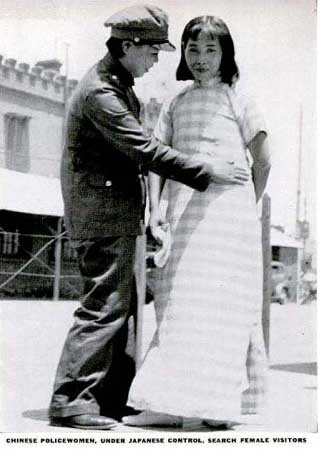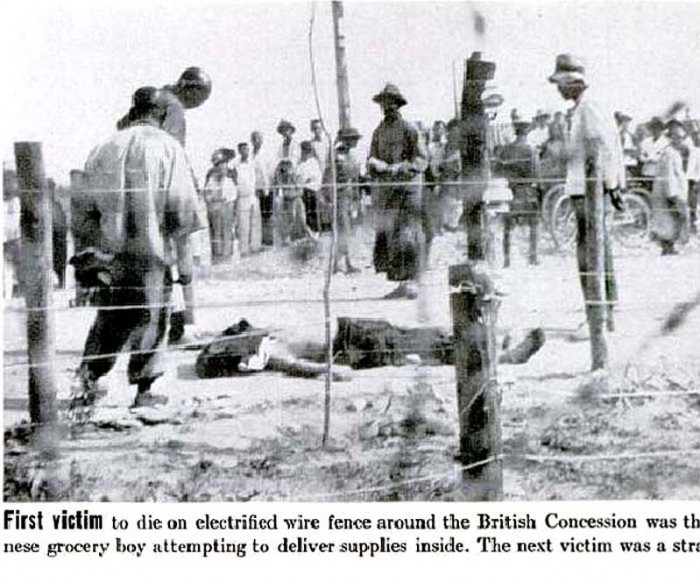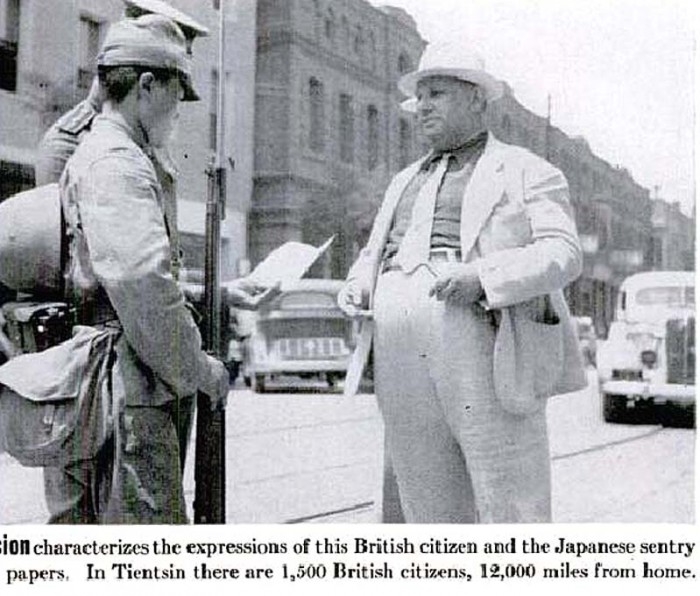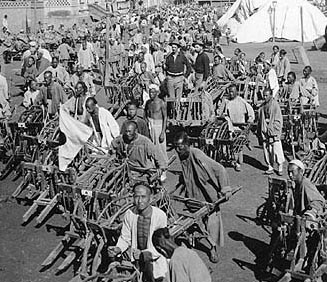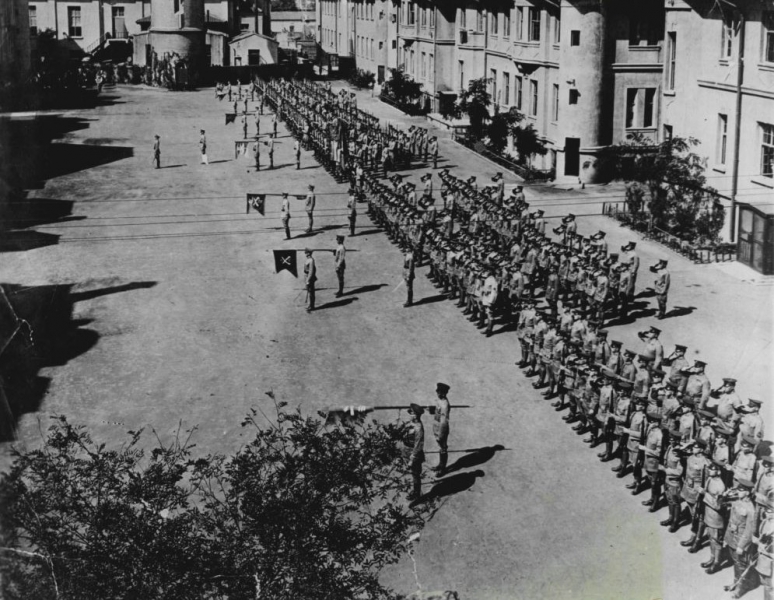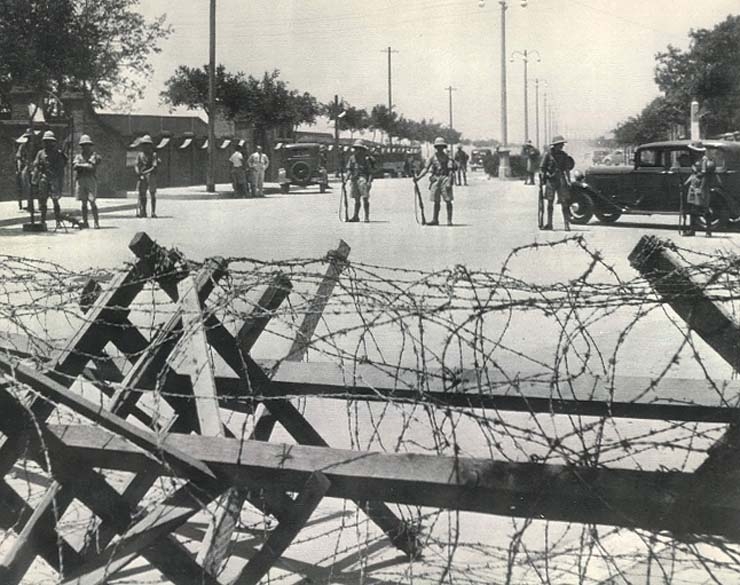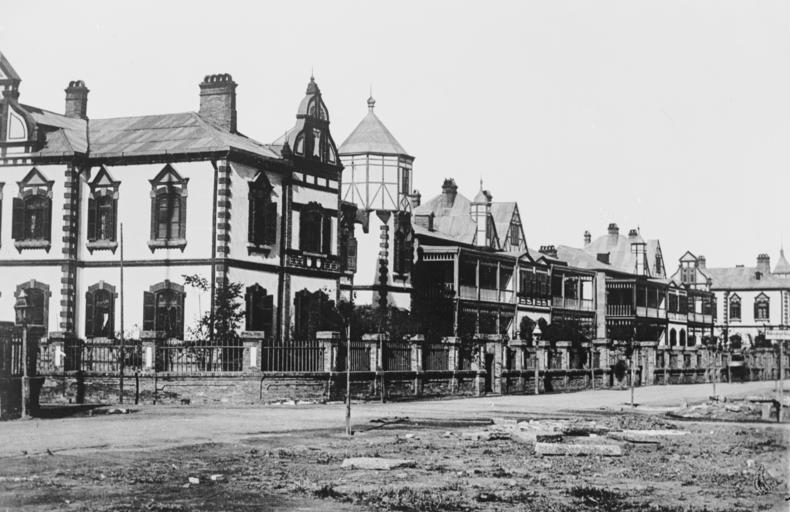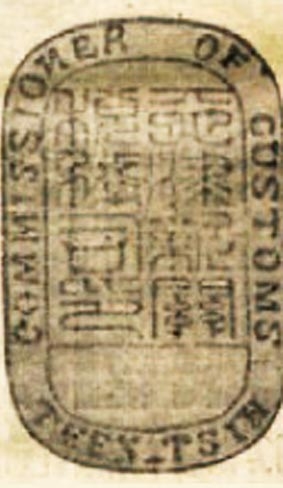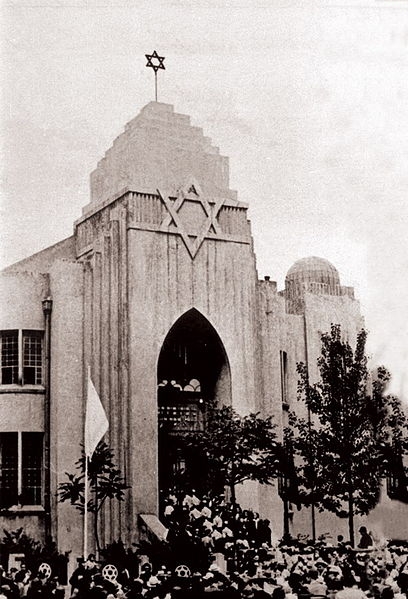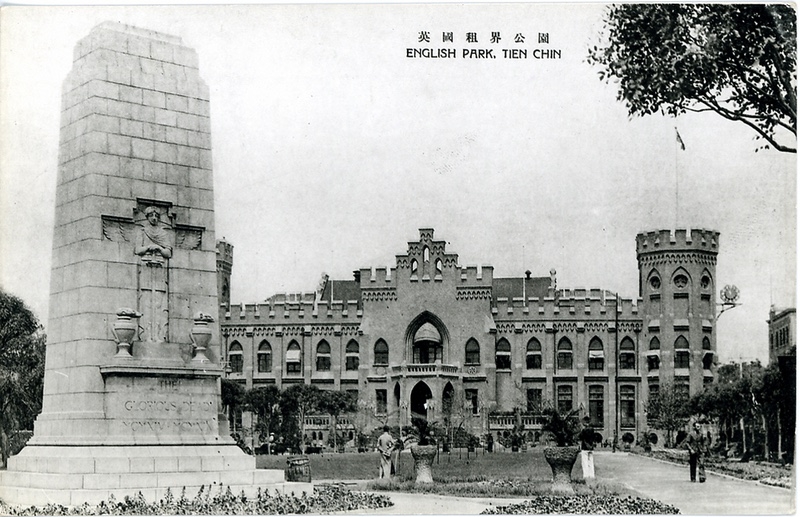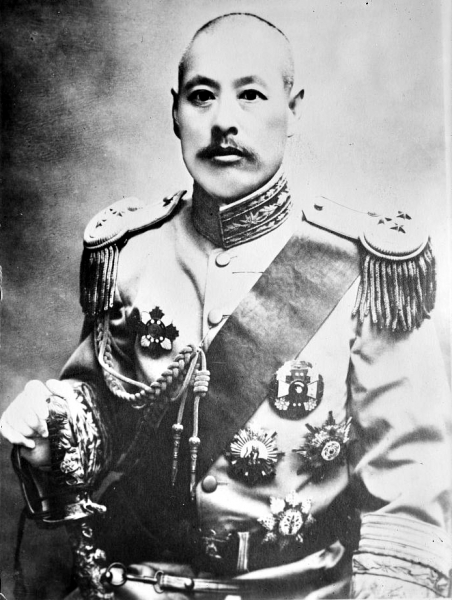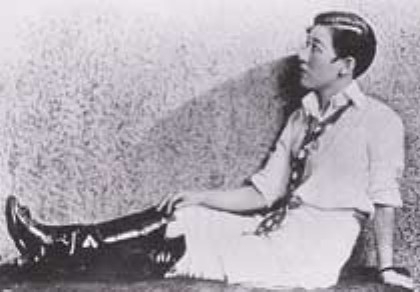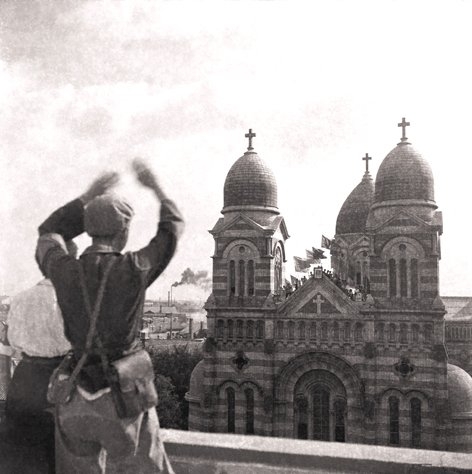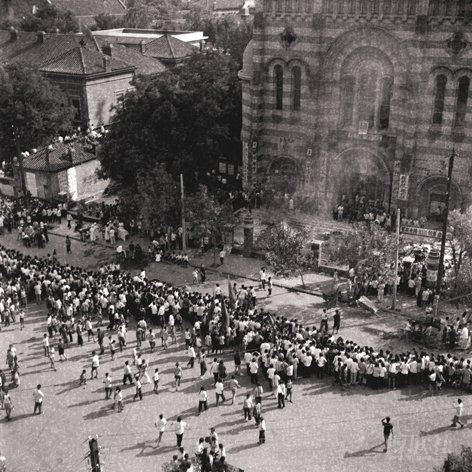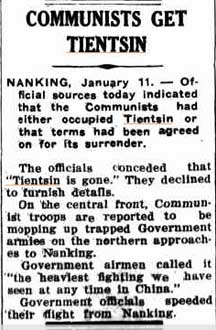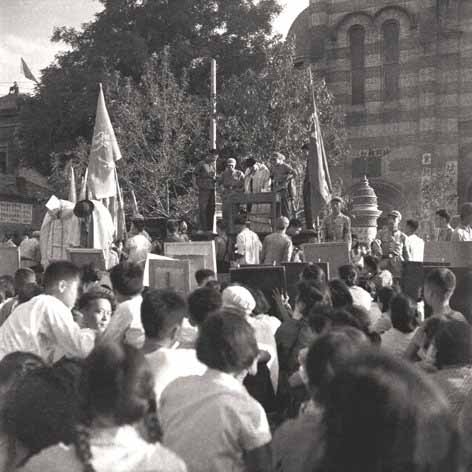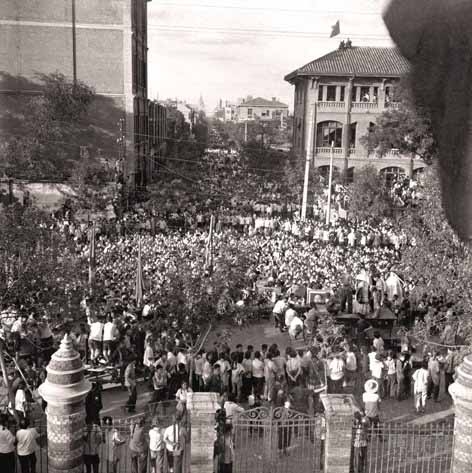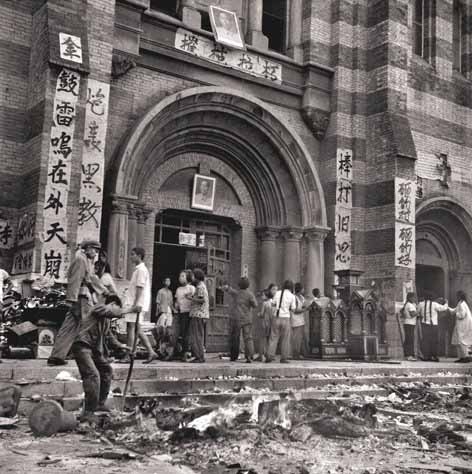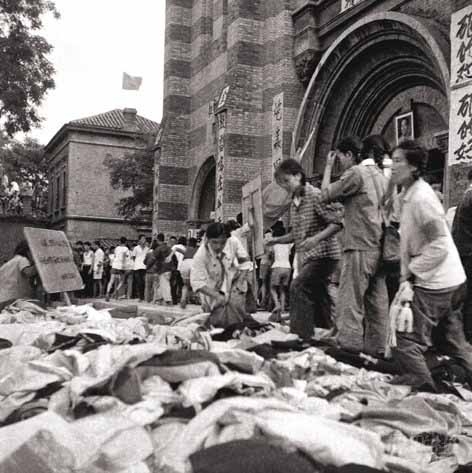Local pastor claims racism and church infighting behind her sudden dismissal
UPDATE: Protesters picket church Wednesday evening, story at bottom
By C.S. Hagen
FARGO – For years, Pastor Grace Murray opened the doors of Plymouth Congregational United Church of Christ to New Americans and the LGBT community, and then she was fired.
Despite a massive banner hanging outside the 90-year-old structure at 901 Broadway, declaring “We leave judging to God,” Murray and church members said the church council fired her suddenly, May 31, because of racism exhibited by the “old guard” at the church, effectively turning their backs on the church’s tenets of being accepting of everyone – no matter race, economic status, sexual orientation, gender identity, or mental or physical ability.
The official reason differs.
“You have recently received notification of the upcoming meeting to be held on Wednesday, May 31, 2017 to terminate our Pastoral Call Agreement with Pastor Grace Murray,” the church letter informing its members stated. “To insure the financial future of Plymouth United Church of Christ we believe a change must be made.”

Pastor Grace Murray, formerly of Plymouth Congregational United Church of Christ, after she was fired – photo by C.S. Hagen
“The stated reason was that the church finances could not support a full-time pastor, however, there was never a request to negotiate a possible part-time call,” Murray said. “We actually were about three-quarters of the way through a process of mediation, and instead of paying face to that process, there were some folks that called for a special meeting. I know some of the things that have been said were my sermons are too political.”
According to the church’s Constitution and bylaws, a majority vote must pass in order to fire the pastor. The church’s council voted 42 for dismissal, and 22 for keeping Murray as pastor, however; two of the people who voted were not church members, according to emails.
Church council members were contacted for comment, but few replied. Church council members approached Murray days after she was fired saying that the church will adhere to her hiring contract, which stipulates 90 days written notice before termination of employment.
“The special meeting was called to ‘terminate the Pastoral Call Agreement,’ to say ‘You are being laid off. You no longer have a position with us,’” Rosella Jangula, the financial secretary, wrote in an email. “An employer doesn’t have to give employees a 90-day notice before laying them off.”
At the pulpit delivering the sermon on Sunday stood former Nazarene Pastor Mervin Leroy Kelley, of Fergus Falls, Minnesota, who was convicted by jury of criminal sexual conduct in 2000. Kelley was convicted on two third-degree criminal sex conduct charges and sentenced to 48 months imprisonment in the Ottertail County Jail, according to the Minnesota Judicial Branch.
When Callie DeTar arrived at church Sunday, she also noticed the Pennies For Heaven jar was empty. Pennies For Heaven is a donation jar used to buy gifts such as food or clothing for the area’s needy.
“I came in yesterday and the entire bag of money was missing,” DeTar said. “The consensus is that it was taken and deposited into the church’s funds, and it’s not the church’s money, it’s the community’s money. I don’t know if I want to call the police or what.”
Nearly every church council member has left, she said. She too is preparing to leave the church, and stated that the ‘old guard’ in the church refuse to talk further about the issues.
“Nobody wants to say anything. Everyone is tucking in their tails and running.”
Members state years of infighting stem in part due to racial ignorance and racial fear after Murray rented out space to Pastor Gabriel Barbly and the Bethel World Outreach Church – Fargo. The meeting in which decided Murray’s fate became hostile, a yelling match, church members said. Moderator Tom Thoreson threatened to call police at one point during the meeting, according to church members.
“They hate gay people, they hate black people, and it’s supposed to be an all-encompassing church,” DeTar, the church’s administrative assistant, said.
“I certainly think it could have been done differently, there’s an awful lot of hurt feelings,” Helen Goodfellow, involved with pastor relations, said. “It’s a very very nasty situation.”
The church has been in turmoil since before Murray rented the church basement to Barbly, former administrative assistant Timothy Shannon said. Services are attended primarily by African Americans.
“There was friction about particularly Pastor Gabriel’s church,” Murray said. “Things stated were the noise level, the disrespect, ‘we can’t get in the bathroom.’ That has not been a happy thing for people. Even things like, finding some small things wrong with their presence.
“And I did use the word, racism.”
Other church members said at least one person in the congregation felt violated after toys were used by those in Barbly’s growing church. Another member stated that the feelings stem from a type of jealousy, as Barbly’s church is growing faster than the Plymouth Congregational United Church of Christ’s congregation.
“They look at them like they’re third class steerage,” DeTar said. “The way they talk about them is so disrespectful, they won’t give them a name, even. They’re just really awful, sitting around talking about how the bathrooms are dirty, that they’re too loud, that they’re sneaky. Sure they’re loud, but they’re worshipping.”
“I think it’s 85 to 90 percent racism,” Jo Ann Ripplinger, a former church secretary and member of the church, said. “They use the budget as a stepping stone that she isn’t taking the church into the direction they want it to go. It’s depressing. They say there’s no racism here, and yet there is an undercurrent here of extreme racism and fear. They don’t understand them, or want to have anything to do with them.”
“They’ve also wanted to put the altar Bible back on the altar, and that’s anti-Semitic,” DeTar said. The altar Bible is the Holman Christian Standard Bible published in the 1930s, which advocated for the deportation of German Jews back to Germany.
At a time when small-town churches are dying due to a lack of funds, Murray’s move to rent out the space was a fiscally-sound move, Shannon said. A typical Sunday service attracts approximately 50 people, he said.
Sunday morning during service time, the church’s parking lot was less than half full.
“The argument that this is actually costing money, there’s no way this makes sense,” Shannon said.
The addition of Barbly’s church, however, disrupted the congregation’s social activity of having coffee downstairs after church services, he said. In the church’s front yard, prominently displayed, a sign advertises normal services at 10:30am., Barbly’s service at 11am, and Native American services at 4pm on Sundays.
“Their routine was disrupted by the African services, which by Midwestern Lutheran standards is loud and raucous,” Shannon said. “They took exception to that, to the noise. What it is, and you’re talking about only four or five people, but they are so loud, and they’re creating so much drama, so not only do you have the people who are openly anti-gay, and who are racist, but you also have the ones who say ‘I don’t want to have all this drama.’”
Murray, who is known by friends at times as “She who shall not be crossed,” is known as a LGBT advocate, someone who does not tolerate excuses, Shannon said.
“I saw her reduced to tears, and she is a tough lady. She also cares, and she’s human, not just because of the treatment she’s receiving, but because she understands if the LGBT community loses her, they lose a lot. She made it well known that there was a place for you.”
Bethel World Outreach Church – Fargo is part of the Bethel World Outreach Ministries International, an evangelical and revival-focused organization.
Although theological differences exist between Plymouth Congregational United Church of Christ, a progressive, non-denominational organization, and the Bethel World Outreach Church – Fargo, Murray and Barbly said they were a good fit.
“The United Church of Christ as a denomination is openly welcoming of people regardless of any type of life,”Murray said. “I talked to Pastor Gabriel about that, and for them, at that time, two years ago, people cannot become members who are in the LGBT community, but can worship, which was big step forward.
Barbly said there were never problems over differing doctrines between the churches.
“We had an understanding,” Murray said. “And that’s a deep cultural thing for them as they’ve come from a place where LGBT people can be murdered.”
“Lily white and albinos,” Shannon said. “Now, all the sudden you bring in all these black people, and they dress by Lutheran standards, a little garishly. Growing up in Africa where they were from, they prayed at night to not be kidnapped and murdered. They’re in a situation now where they can watch their kids wish for ponies.”
Barbly, originally from the Bong Mine Community in Bong County, Liberia, is listed as a pastor since 2013, according to Liberty University Alumni records. He pays $600 a month for use of the Fellowship Hall in the basement, but is unsure of the future.
“Now that she is gone, we don’t know what is going to happen,” Barbly said.
Although Barbly admits not knowing the inner workings of Murray’s church, some members of his congregation have had bad experiences. “Some people have yelled, saying we should leave the church,” Barbly said.
Ripplinger joined the church because of Murray, she said, and was one of two new members in 2016. “She was very open,” Ripplinger said. “She didn’t have any prejudices.”
Murray is a champion in Fargo for LGBT, Native American, and New American rights, Ripplinger said, and the problems began before she was hired. “There was this undercurrent of people not accepting what she was trying to do. She referred to it as the ‘Old Guard,’ and it is.”
Once during a meeting, church council members were discussing how to increase membership and appeal more to the younger generation. “Not one question was directed toward the younger people at the meeting,” Ripplinger said. “Nobody came up with an idea.”
“The other thing was we had Christmas Eve services, and all three congregations were supposed to be all together, but not one person from our congregation showed up, other than the people who were required to be there.
“That’s despicable.”
Murray, who wished for one last Sunday in the church she led for five years, hinted at the confusion in her last service on May 28.
“When I began this sermon, I admitted that I am worried about our church,” Murray said during the sermon. “I know that many of you are as well. I am worried imagining the time when I no longer serve this church as pastor, whenever that may be. Some of you are worried about the day when this church will finally close its doors, whenever that may be. Others are worried because we have lost sight of the first things.”
Part of the congregation is grieving, and will be leaving with her, she said. She planned to hold her first Sunday service in South Fargo, which coincidentally landed on Day of the Pentecost, the original “birthday of the church,” she said.
“Maybe we are being pushed out to birth a church,” she said.
Murray wants to remain in the Fargo/Moorhead area, but the life of a startup pastor is difficult.
“I am a pastor at heart, so I’m seeking a call,” she said. She was ordained in 2007, and is a graduate of Duke University in Durham, North Carolina. She grew up in the South with segregated bathrooms, “colored wards” in hospitals, but has been known as a voice for inclusion in Fargo/Moorhead since her arrival.
“I’ve had people standing behind me before,” Murray said. “Now they’re standing beside me, and speaking out.”
The Plymouth Congregational Church arrived in Fargo with the Northern Pacific Railroad, setting up its first structure at the corner of Ninth Street and Ninth Avenue in 1882, according to church records. It was moved during the winter of 1884 where Plymouth Apartments now stand, and continued until 1890 when a windstorm destroyed the building. The current building was finished in 1927.
Update: Protesters Picket Local UCC Church After Pastor Fired
By C.S. Hagen
FARGO – A years-long struggle for dominance inside the Plymouth Congregational United Church of Christ hasn’t ended with the pastor’s dismissal. On one side is Grace Murray, a progressive pastor, and her supporters; on the other side is the “old guard,” those who led the crusade to fire her.
Murray and her supporters claim racism was involved in her May 31 dismissal. Responsible church council members refuse to comment, citing only in emails and official letters that the church could no longer afford a full-time pastor.
One week after Murray was fired from the 135-year-old church, protesters from Fargo and Moorhead picketed the building demanding an end to racism and homophobia. They also wanted Murray to be treated fairly by the church council.
The decision to fire Murray came after a special meeting was called on May 31, and after a vote – 42 for dismissal, and 22 for keeping her as pastor – Murray was dismissed. The church’s Constitution states that a majority vote by the church council and members is needed in order for a dismissal to pass. Church members claim that two votes during the process were invalid.
According to Murray’s contract, she is entitled to 90 days forewarning, however; she did not preach last Sunday. Former Nazarene Pastor Mervin Leroy Kelley, of Fergus Falls, Minnesota, who was convicted by jury of criminal sexual conduct in 2000, took her place. Kelley was convicted on two third-degree criminal sex conduct charges and sentenced to 48 months imprisonment in the Ottertail County Jail, according to the Minnesota Judicial Branch.
“You are being laid off. You no longer have a position with us,’” Rosella Jangula, the financial secretary, wrote to Murray in an email. “An employer doesn’t have to give employees a 90-day notice before laying them off.”
On Wednesday, Murray’s daughter, Elizabeth Dill, held a placard that read: “She was not fired over money. She was fired for doing her job.”
“She has stood by what the UCC stands for,” Dill said. “And they have not. They’re piggybacking on everything that she’s worked so hard for.”
She described the years-long ordeal within the church, the controversy between what Murray described as the “old guard” and Murray’s progressive outreach, took a mental and physical toll on her mother.
“I don’t think I’ve ever see her so upset,” Dill said.
“I saw her reduced to tears, and she is a tough lady,” former administrative assistant Timothy Shannon said. “She also cares, and she’s human, not just because of the treatment she’s receiving, but because she understands if the LGBT community loses her, they lose a lot. She made it well known that there was a place for you.”
Once the anticipation of her future role at the church at 901 Broadway ended on May 31, a weight was lifted off her shoulders, Dill said. “Now, she’s hit the ground running.”
Murray, church members, and Dill, who is not affiliated with the church, said racism was behind the decision. The tensions between Murray and some church council members intensified after she rented the Fellowship Hall to Pastor Gabriel Barbly and the Bethel World Outreach Church – Fargo, which is a predominantly African American congregation.
In the church’s front yard, prominently displayed, a sign advertises normal services at 10:30am., Barbly’s service at 11am, and Native American services at 4pm on Sundays. A massive banner hangs outside the 90-year-old structure declaring “We leave judging to God.”
Moorhead resident, Katrina Jo Koesterman, is a “pastor’s kid,” and a member of the First Congregational Church of Christ in Moorhead. “I’ve struggled with my spirituality my entire life,” Koesterman said. “At UCC I can be me, and seeing a church bearing the UCC name and not living up to the UCC standard is discouraging.”
Originally from Fargo, Koesterman moved to Minnesota as North Dakota’s health care is not trans-friendly, she said. She held a Pride flag poster saying “Never Giving Up,” and waived it at passing cars. Some honked, offered a thumb’s up. One black pickup truck revved its engine, shooting black exhaust smoke across the lawn, and then drove around the block for a repeat.
Koesterman decided to attend services in Moorhead after listening to a group of children one Sunday morning talking about the proper use of pronouns for trans people.
A man who gave his name as Maike, originally from Virginia, moved to Fargo in 2009 for financial reasons. “Racism is everywhere,” Maike said. “It doesn’t matter where you are, but up here it is coated in sugar.”
Dawn Lexvold, a member of the First Congregational Church of Christ in Moorhead, said she once considered the Plymouth church as her sister church. Church administration handled Murray’s situation poorly, like a “Seventh grade click-y bully,” she said.
“My prayer for the whole thing is maybe there is a Y in the road, and another door will open,” Lexvold said.
Most of the church council members have left, church administrative assistant Callie DeTar said. Murray’s supporters are being told not to bring up the issues any longer, she said.
Reactions to Barbly’s church being “loud” took the forms of occasional insults and eventually into heated debates after Murray rented the basement to Barbly for $600 a month, DeTar and other church members stated. Church leaders threatened to call police during the special meeting called to fire Murray, church members stated, and Barbly admitted that some in his congregation have been yelled at.
Additionally, church leaders are considering changing the altar Bible to the old Holman Christian Standard Bible published in the 1930s, which advocated for the deportation of German Jews back to Germany.
Donated funds for the Pennies For Heaven went missing on Sunday, DeTar said. Pennies For Heaven is a donation jar used to buy gifts such as food or clothing for the area’s needy.
Dill said her mother attempted to buyout the church’s stand for Pride in the Park, coming this August. The church refused, she said.
“And she was told that they don’t know why she thinks that they don’t share the same values as her on LGBT people,” Dill said. “I’m pretty sure that feeling must have come from the fact that they have never once been with her to Pride in the Park, nor did they help me paint all the Pride flags on rocks. Or maybe it could be the fact every time she has walked in the Pride parade representing the church she walked alone.”













